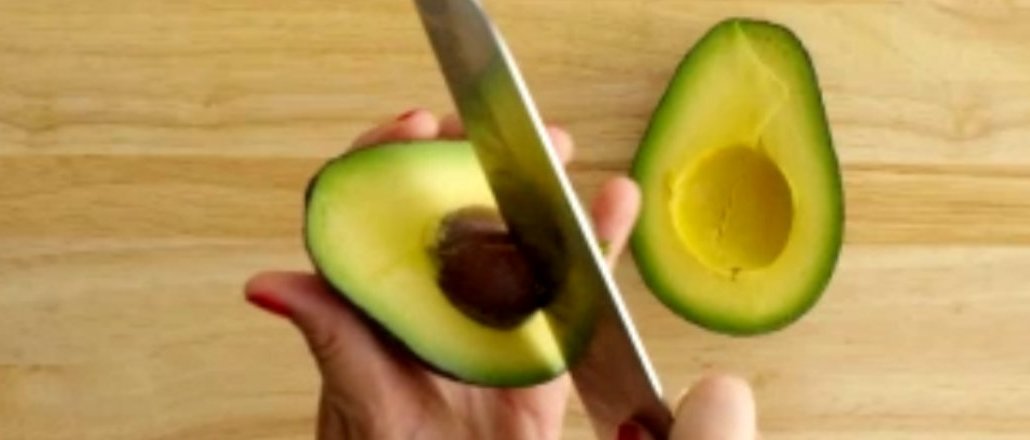
Digital publishers might be leading the charge in convincing advertisers to partner on branded content, but the major media companies are right on their coattails — and arguing that they can do it better.
The media giant, which oversees a suite of TV networks, movie studios and publishers, added a new line to its portfolio in March. NBCU opened an in-house studio, called The NBCU Content Studio, dedicated to creating and distributing sponsored content for advertisers. The pitch to advertisers is that the company has decades of experience making great content. And it has scale.
The NBC Content Studio’s first campaign is with hummus-maker Sabra, which is looking to promote the brand’s guacamole line by satirizing the type of how-to cooking videos that have become incredibly popular on Facebook and Instagram. For instance, one video shows a pair of hands trying to make green juice only to fail spectacularly. The message: try Sabra’s guacamole instead — it’s easier. The video was posted on the E! News Facebook page and has collected 630,000 views. Another video, posted to the “Top Chef” Facebook page, has more than 450,000 views.
“There are plenty of people that make content and do it well. There are plenty of people who have great platforms or technology. There is a very little subset of people that have the full cadre of capabilities that we do,” said Scott Schiller, gm of business operations for The NBCU Content Studio.
A deep bench
The NBCU Content Studio is staffed with a dozen people with decades of experience in production, marketing and distribution. But NBCUniversal’s long legacy in entertainment and media means it also has a deep bench of talent that The NBCU Content Studio can pull from. And it’s not just actors and on-air personalities starring in NBCU shows; the company has more than 30 content development teams, 45 sound stages, makeup and wardrobe and even 18 branded-content teams nestled inside individual properties — all of which The NBC Content Studio has access to.
“If a marketer was trying to reach the Hispanic audience, they might work directly with Telemundo to do that,” said Schiller. “At the same time, we can tap Telemundo’s expertise in developing a program for a marketer that broadly wanted to reach those with Hispanic behaviors and interests but didn’t want to do it just through the lens of Telemundo.”
Distribution at scale
NBCU’s network of social channels alone has nearly 50 million followers. Its sites and apps reach a combined 158.3 million unique U.S. visitors in May, according to comScore. And this doesn’t include BuzzFeed and Vox Media, both of which NBCU has a content and distribution relationship with (NBCUniversal is an investor in both companies).
For instance, videos created for the Sabra campaign will run across social pages for Bravo, Today and E! Network over the next eight weeks. Through Concert, an ad product from NBCU and Vox Media, Sabra will also distribute the videos across relevant NBCU and Vox sites and pages. (Sabra will also distribute the videos on its own social accounts.)
“The media companies know that you need them for distribution and now see the opportunity to go upstream and own the content from end to end, everything from conception and creation to distribution and consumption,” said Matt Statman, CEO of creative agency Motive.
Appealing to advertisers
Advertisers are comfortable buying TV and digital ads, but there are a growing number that want to go beyond standard commercials. “This allows us to take advantage of a marketplace that we previously never had the opportunity to play in and kind of connect the dots between what we can offer and what the marketer wants,” said Schiller.
For a time, the branded-content business online was led by the top-tier digital-native publishers like BuzzFeed, Vox and Vice. Now, the legacy media companies are putting more and more resources toward this area, too. Earlier this year, Viacom launched one of its own pitching the same type of expertise and reach.
“They are now trying to enter a rapidly growing area of the media business,” said Jason Stein, CEO of Laundry Service & Cycle. “But for them to follow the money, that’s the easy part, a no-brainer. Execution is the really hard part. Everyone has good ideas; few can bring them to life effectively at scale.”
With a deep pool of resources and a long history of working with marketers, NBCU and other legacy media companies certainly have a leg up on most small digital publishers.
“They have access to talent that marketers want access to. And they have relationships that are beneficial [to advertisers],” said Britt Fero, chief strategy and media officer at Publicis Seattle. “It’s definitely a value-add.”
More in Media

In Graphic Detail: The scale of the challenge facing publishers, politicians eager to damage Google’s adland dominance
Last year was a blowout ad revenue year for Google, despite challenges from several quarters.

Why Walmart is basically a tech company now
The retail giant joined the Nasdaq exchange, also home to technology companies like Amazon, in December.

The Athletic invests in live blogs, video to insulate sports coverage from AI scraping
As the Super Bowl and Winter Olympics collide, The Athletic is leaning into live blogs and video to keeps fans locked in, and AI bots at bay.





